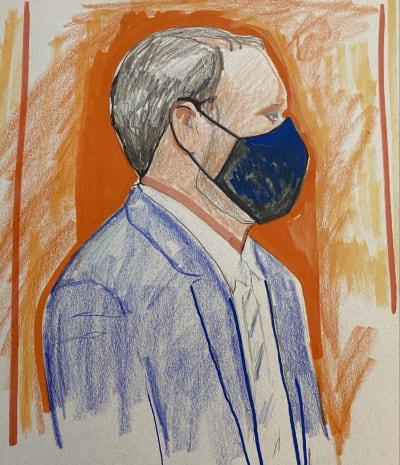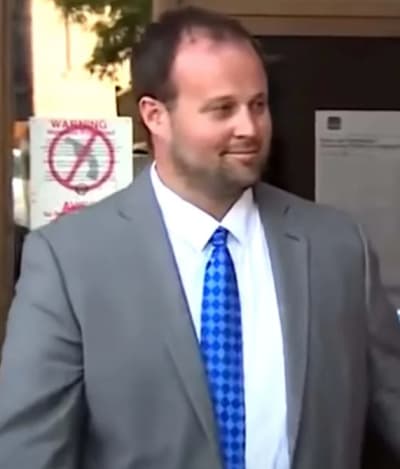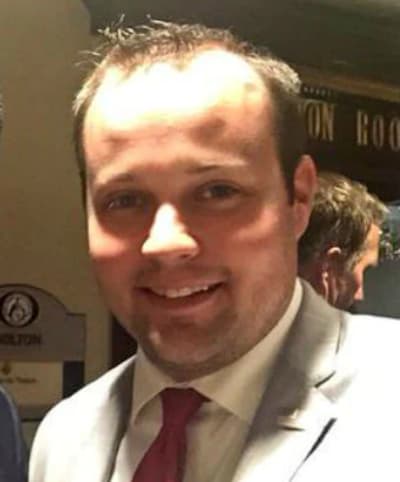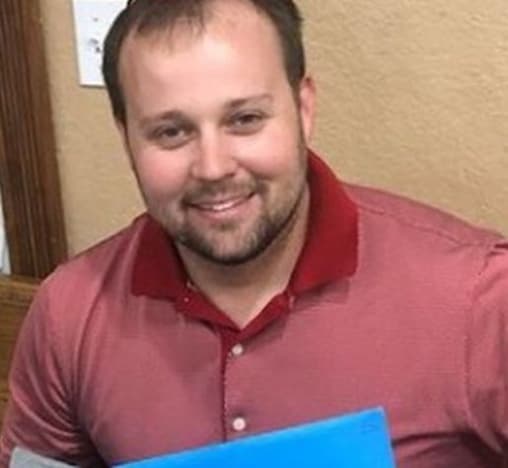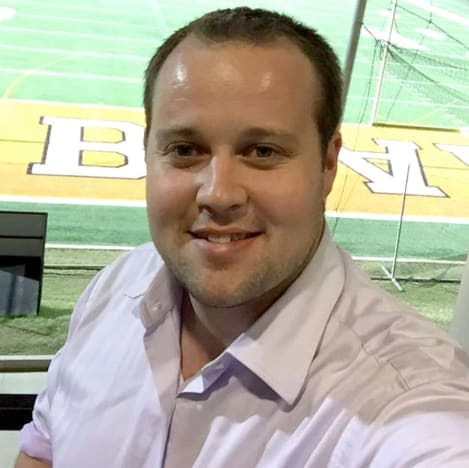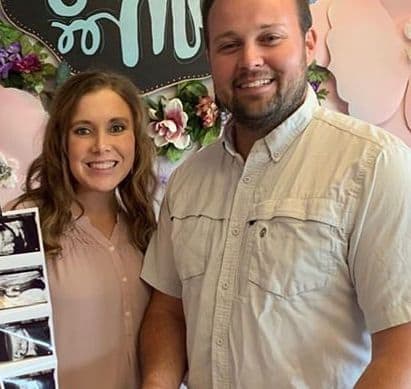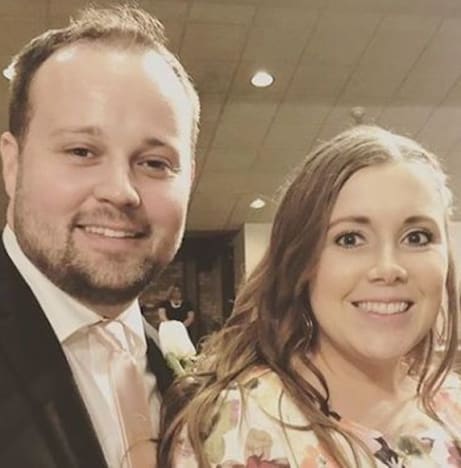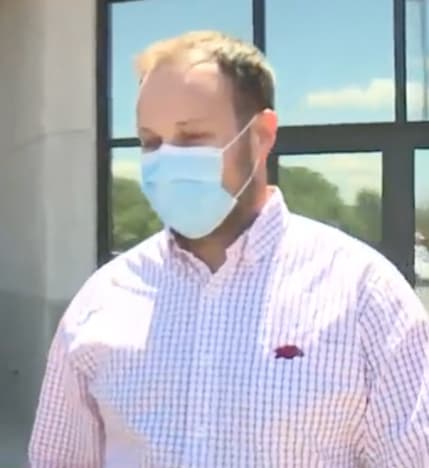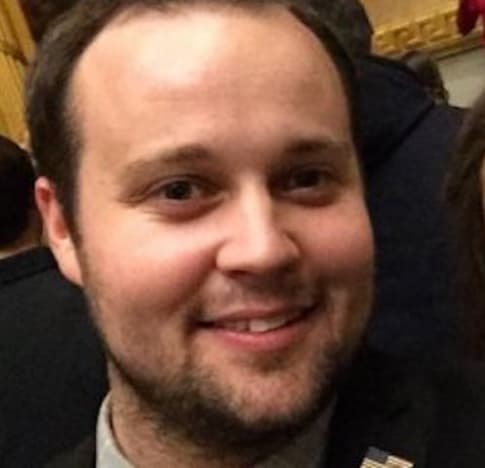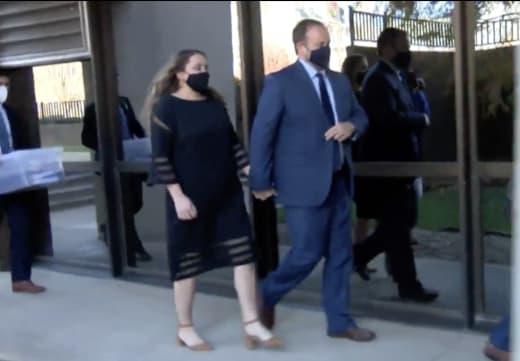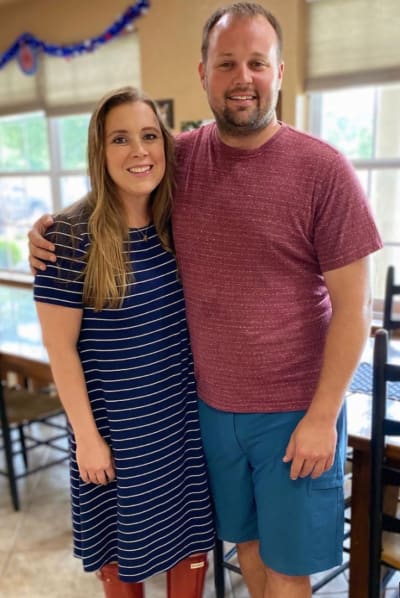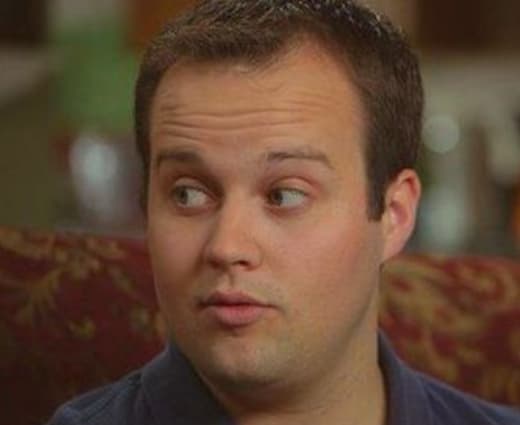
Josh Duggar Trial: As Closing Arguments Begin, Acquittal Seems More Likely
12/08/2021On Wednesday, disgraced former reality star Josh Duggar’s lawyers rested their case after calling just two witnesses to the stand.
Many observers took this development as an indication that accused sex offender’s defense didn’t have much of a case to begin with.
But as some legal experts have pointed out, the shortage of witnesses isn’t necessarily a sign that Josh will soon be headed to prison.
In fact, it may mean that reverse.
It’s certainly possible that attorney Justin Gelfand felt he didn’t need much time in order to create a shadow of a doubt about Josh’s guilt.
And that shadow might be enough to earn an acquittal for Gelfand’s client, who seems so obviously guilty to those of us observing outside.
Whether he seems it isn’t enough to convict, though, and it will be in the jury’s hands, not the media. So what do they think of all this?
Both of Gelfand’s witnesses were asked not about Josh’s past or character, but about the details of the investigation that led to his arrest.
The first was Daniel Wilcox, a former Homeland Security Investigator and police officer who assisted in the raid on the car dealership owned by Josh in 2019.
The second, Michele Bush an Arizona-based digital forensics expert who has personally examined the devices that were seized from the deslership during that raid.
Wilcox’s testimony was brief and focused almost entirely on the fact that he went undercover as a customer at Josh’s dealership ahead of the raid.
Bush, however, may have dealt a haymaker blow to the defense’s case.
Remember, the defense does not need to prove he’s a model citizen, only to create reasonable doubt about Josh’s guilt.
The possibility – small as it may be – that Josh’s computer was accessed remotely by someone who was not in his office on the day the sexual abuse materials were downloaded.
Gelfand pointed out to the jury that Bush’s report on the subject was several times longer than the government’s (100 pages versus just six pages).
And when asked about what the possibility of a “plug and play” scenario might mean in this context?
She gave a response that might well stick in the minds of jurors as they enter deliberation:
“The chance that somebody else [not at Duggar’s computer] was watching that video is much greater,” Bush told the court.
When asked if she always concludes that remote access is a possibility in child porn cases, Bush replied in the negative.
“Sometimes I have to argue with the attorneys and tell them, ‘This is not a defense. Don’t try,'” she answered.
This possibility that the computer was accessed remotely – or that anyone other than Josh might have been using it covertly – is cornerstone of the defense’s case, and there’s a possibility that it might be enough.
The knowledge that his attorneys had this trick up their sleeve might even be the reason that Josh refused a plea deal when one was offered to him by prosecutors.
Gelfand has stuck with this strategy of muddying the waters throughout the trial, often peppering his cross-examination with what-if scenarios and questioning the credentials of the prosecution’s witnesses.
“Let’s be accurate in what we say,” Gelfand chided William Fottrell, a Department of Justice analyst who testified for the prosecution about the
“I don’t see how a forensic scientist could use a time machine to go back to May 2019,” Fottrell answered in response to a string of hypotheticals proposed by Gelfand.
The prosecution has focused on the information that was gathered during the lengthy investigation into Josh’s alleged criminal activity.
The defense, conversely, has focused on everything that investigators did not know before they arrested Josh in April.
During their cross-examination of Bush, the prosecution pointed out that she has a fraction of Fottrell’s experience and was admittedly ignorant about key components of the investigation.
Bush confessed, for example, to not knowing before the trial that the key password, intel1988, contained Josh’s birthday, a likely indicator that the computer belonged to him.
She was also unaware that Josh had told investigators during a 2019 search warrant that he had been recently configuring his router.
“I let the evidence speak for itself,” she told the court.
Bush stuck with Gelfand’s strategy, noting that she was most interested in the unknowns in this case, noting that the theory of remote access could not be ruled out.
“I can’t exclude remote access but I can’t prove it either,” she said.
She noted that log files from the Linux part of the computer, which would serve to support or undermine her position, had since been overwritten, which speaks to the defense’s argument that the investigation into Josh and the evidence against him were both mishandled.
“The evidence I would need to make that conclusion is no longer available to me,” she said.
“I’m not sure how remote access is relevant,” Fottrell countered during his time on the stand, reminding the jury that he did not see a pattern of remote access.
At least one member of the gallery was unconvinced by the defense’s efforts to create confusion.
Derick Dillard, who is the husband to Josh’s sister Jill, told People magazine outside the courtroom that he felt there was only “unreasonable doubt” about Josh’s guilt, noting that the jury would need “reasonable doubt” in order to acquit.
Derick is a recent law school grad who attended the trial to gather information on behalf of his wife.
Jill was on a list of potential witnesses, but was never called to testify in the case.
Along with four other victims, Jill was molested by Josh when she was a child, and she was forced to continue living under the same roof as her attacker.
We’ll have further updates on Josh’s trial as more information becomes available.
Source: Read Full Article
